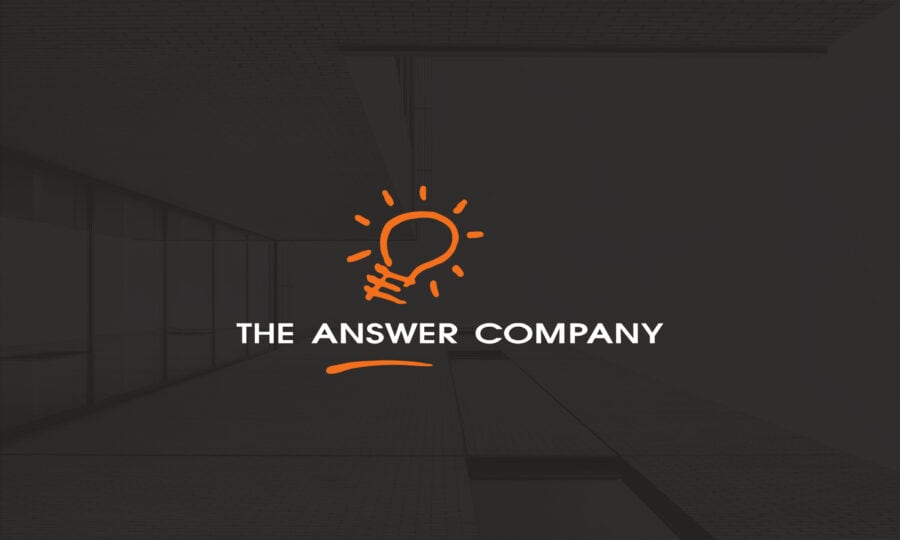Any B2B and B2C company operating in the retail and ecommerce environment faces increasingly high demands from consumers. Today, shoppers expect a personalized shopping experience and immediate customer service. Achieving automated sales processing, errorless order fulfillment, speedier delivery, and AI-powered personalization for customers, is the key to standing out in a vast sea of competition and keeping loyal customers. An advanced ERP designed for the retail and ecommerce industry connects your commerce channels, inventory, distribution, customer management, and financial management. Moreover, user-friendliness, open API for integrations, built-in customizations, and ongoing updates keep you future-proofed for industry changes and business expansion.
How Retail and eCommerce ERP Solves Pain Points
Benefits of Retail and eCommerce ERP
Retail and eCommerce Resources
-
10 B2B eCommerce Dos & Don'ts
This infographic outlines 10 don'ts in the B2B ecommerce industry, and what you should be doing instead. Discover what tactics are damaging to the customer journey, and what strategies generate long-term customer satisfaction.
-
Roadmap to eCommerce Success
In this eBook, learn the advantages and disadvantages of popular options to launch an ecommerce business. Explore methods to transform your company's back-office business processes, from accounting to inventory management.
